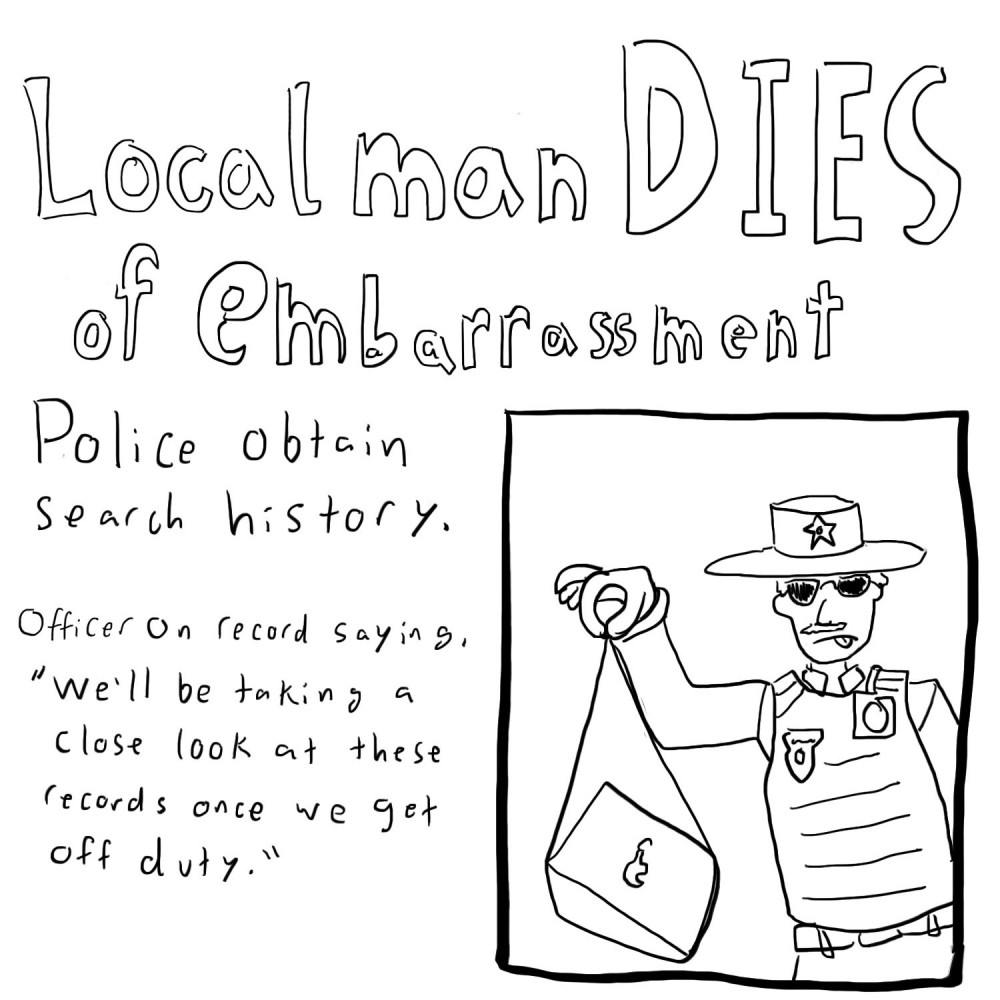Google is refusing to hand over the identities of users who searched a specific name to a Minnesota police department.
A world where police can access our search histories on a whim is terrifying, and Google protecting the privacy of its users is a step in the right direction.
A resident was allegedly robbed, and in an effort to find the perpetrator, the Edina Police Department is demanding that Google report who typed the victim’s name into the Google search engine between the dates of Dec. 1, 2016, and Jan. 7, 2017.
The demand is in the form of a search warrant and Google claims that it is not required to comply with its terms.
Google is concerned that this is a breach of privacy. While the Editorial Board initially wondered why this mattered to Google, once more details were found, we can see why the company would want to fight this.
The EPD discovered a fake passport containing information about the victim only appears on the Google search engine, which is enough information for the department to issue a search warrant.
Not only does the police department want the names of people who searched the specific term, it also wants their social security numbers and IP and MAC addresses.
This is a breach in security.
Social security numbers are extremely important aspects of our identities and even though the police are the ones asking for it, government positions get hacked all the time. Suddenly, not only do the police know your social security number, but so does anyone who can pass their firewalls.
The Editorial Board believes that if the government and Google are going to partner up to tackle crime, they should be more concerned with serious internet crimes — such as people who look up child pornography or frequently search for sex trafficking.
This type of data probe could speed investigations up but if it becomes commonplace, people are going to stop using Google as often.
Maybe a few encyclopedias will be cracked open. Or worse, we will resort to Bing.
Tony Webster asked important questions on his blog in regard to the method of finding people who searched for relevant information: “Could this type of search warrant be used to ensnare innocent people? If you bought a pressure cooker on Amazon a month before the Boston bombing, do police get to know about it?”
Many innocent internet users could be at risk just because they were curious about an old high school buddy they hadn’t seen in a few years.
The process to narrow down who was actually responsible would be ridiculously intricate and time consuming.
Media sites are not revealing the last name of the victim. This is probably smart because then we would all Google his name, which would further complicate the process.
Law enforcement needs to go through due process to obtain its information.
It shouldn’t try to make backdoor deals with companies to skirt around citizens’ privacy rights.




